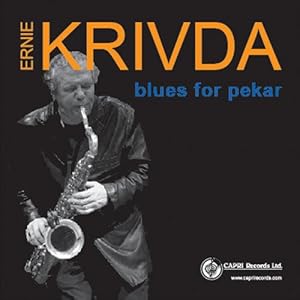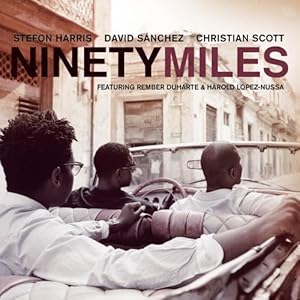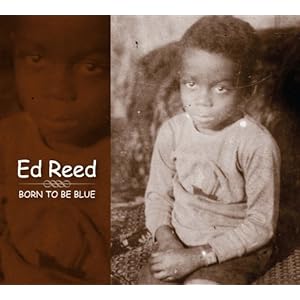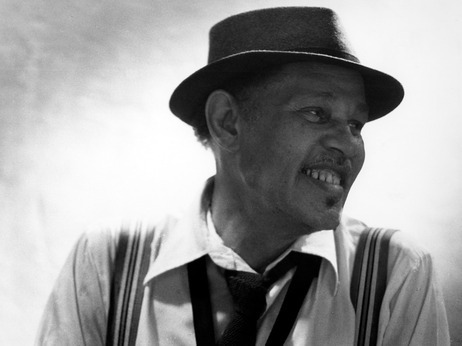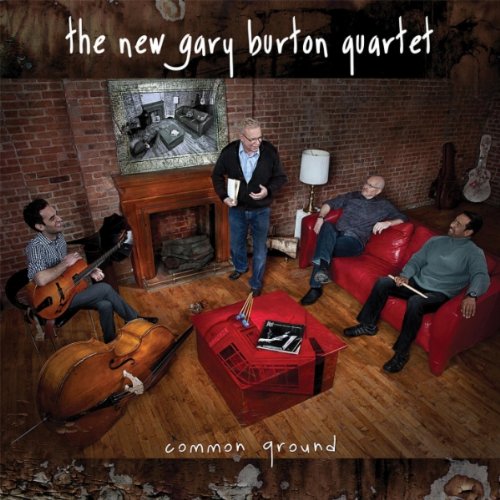For 40 years ago, jazz singer Ed Reed was a self-loathing heroin addict. Reed served four stints in San Quentin State Prison for drug related crimes. Strangely, in prison, Reed developed his chops, performing with other musically inclined criminals in a 17-piece ensemble called the Warden’s Band. Reed said jazz great alto saxophonist Art Pepper was in the band. “At one point, Art played on all the songs I sung in that band,” Reed recalled.
Reed grew up in California. Reed began singing as a kid, and he dreamed of stardom as a jazz singer. Reed became an addict in the Army. The addiction sidetracked his dream.
In 1986, Reed had an encounter with a smelly fat man at a bus stop that compelled Reed to get clean. Reed has been clean now for 25 years and he works with addicts and their families at the Kaiser-Parmanente’s Chemical Dependency Recovery Program in Vallejo, California.
At 82-year-old, Reed is vibrant. Reed is also candid. Reed is an old-school jazz singer and balladeer a la Bill Henderson and Johnny Hartman. Reed’s voice has a literary quality, built for songs that convey stories. Reed put out two popular jazz albums Ed Reed Sings Love Stories and The Song is You.
The father of jazz journalism, Nat Hentoff, has praised Reed. In 2008 and in 2009, Reed placed fourth in DownBeat magazine prestigious critic’s poll for Male Vocals, Rising Star. Tuesday, Blue Shorts Records makes public Reed’s new album Born to be Blue.
On June 15, I Dig Jazz had a telephone interview with Reed. Reed discussed starting his recording career at 78, kicking heroin, and why Born to be Blue is his crowning achievement.
Why did you start your music career at age 78?
Ed Reed: You know, I spent so much time being crazy. I was just interested in my recovery. I wanted to know what makes people drink and do drugs until they are dead. That's where my interest was, and still is.
Singing was like dessert. I had always sang, but I didn't take it seriously until I went to Jazz Camp West and Peck Allmond [ jazz trumpeter and composer] asked me where my records were. He said you got to record and he hooked me up with Bud Spangler, and the rest is history.
When you were using, were you performing?
Reed: If I came across some money to tide me over, I would sing occasionally, but when I was an addict singing wasn't that important to me. I didn't believe that I had anything to offer the world musically.
Born to be Blue is a blues album...
Reed: There's only one blues song on it, but the other songs are stories of sadness, confusion, hope, and being unable to talk that sort of stuff. If you look at the picture on the cover, I was like 5-year-old, and I was really unhappy, and it made me realize when I looked at that picture that was the way I started out being unhappy, and out of shape.
I talk about that in my classes. That community and family shapes character, and we all have the blues. We should acknowledge the blues so we can free ourselves of it, and live in the moment. That's where the concept for the album came from.
 |
| Jazz vocalist Ed Reed |
Was there a jazz band in San Quentin?
Reed: San Quentin had a band that performed for the Warden Show. The Warden Show was a tour the warden set up to show professional law enforcement people about what the penitentiary was like. The warden had a tour twice a month, and there would be a dinner. The band played at the dinners.
Art Pepper was in that band.
Reed: Art Pepper played on every tune that I sang. We had some great players. That band was a trip.
How much time did you serve?
Reed: I had four stints, from 1951 to 1953. The second time I went back from 1955 to 1958. Then I went backs from 1960 to 1963. Then I went back 1964 to 1966. It was like living life on an installment plan.
You had plenty time to hone your craft.
Reed: I did that and I worked in the library. I was trying to find out what was wrong with me.
What did you discover?
Reed: You know, I don't think anything was really wrong with me except by ignorance. I didn't know how to take care of myself. Most people don't. By that I mean, we don't understand what other people do is because of them not because of us. And what we do is because of us not others. To understand that took me a long time. The discomfort of the belief system that somebody did something to make me mad is the kind of stuff that creates addiction.
When did you hit rock bottom?
Reed: I was sitting on a bus bench and I was brokenhearted. I smelled something like a dead animal. And it was this big guy who looked like he was 400 pounds. He smelled like he was dead. He was coming to sit on the bench, and I told him, 'Man you can't sit here. This is my bench'.
I heard that and I said here I am claiming a bus bench. If this was the only thing I had in life was to claim a bus bench, I needed to do something to change my life. But, I didn't know what to do. Back then, I didn't believe in God. So I went to an AA meeting. It was really painful to know I was claiming a bus bench. That was in 1986.
How does Born to be Blue compare to Ed Reed Sings Love Stories and The Song Is You?
Reed: The first two albums all I did was sing the tunes. I didn't have much to say about how the tunes were going to be played, and who was going to play on them. And there were time constraints. This time around, I'm the co-producer and I had a lot of say about what we're going to play.
Which tunes are your favorites?
Reed: I really like Inside a Silent Tear and Abbey Lincoln's Throw it Away. That song it about letting the stuff go that bends us out of shape.
When you decided to make this album, what kind of songs, did you want?
Reed: I wanted songs that everybody wasn't singing. The songs needed to be beautiful to me. Harmonically, they had to say something I wanted to say. I wanted to do the songs my way, and they had to say something about dreaming and being happy.
Do you listen to your albums often?
Reed: I have a hard time listening to my recordings...
That's odd. you have such a wonderful voice.
Reed: Every time I listen to my albums, I find something that I should've done or should've changed.
Were you pleased with the outcome of the other albums?
Reed: No. They got a lot of attention, but they left a lot to be desired. I never got to do the tunes the way I want to. I wanted to try the tunes on with the band. I never got a chance to do that. I didn't get to sing with the band. They laid down the tracks and I recorded over them.
You’ve come full circle . Are you happy?.
Reed: I was thinking about my addiction the other day. Man, what a miserable human being I was. But now I have a good thing going. I have somebody that loves me, and I love her. You know we've been married 43 years now. These records wouldn't be out with out her.



